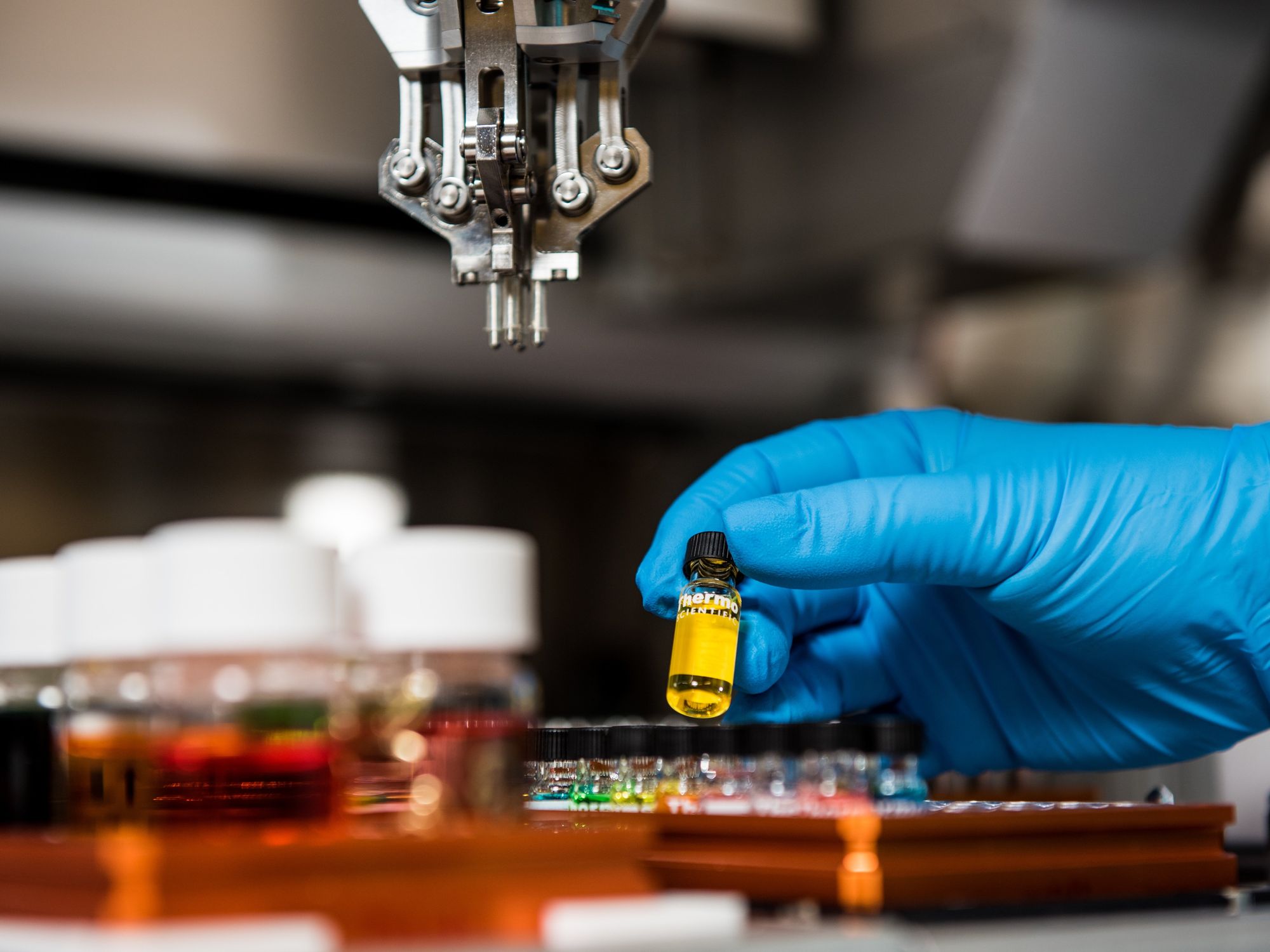Clinical Trials at Home? Science 37's Answer to Pharma's Problem
Francesca Billington is a freelance reporter. Prior to that, she was a general assignment reporter for dot.LA and has also reported for KCRW, the Santa Monica Daily Press and local publications in New Jersey. She graduated from Princeton in 2019 with a degree in anthropology.

Convincing people to take part in life-saving clinical drug trials was difficult even before the pandemic. But the coronavirus halted efforts by many drugmakers, as hospitals and research facilities closed or channeled their resources to COVID.
Science 37, which just raised $40 million to expand their virtual medical trials at people's homes, could keep their studies going while others closed. And it's holding itself up as the future of clinical trials, though it has limitations.
"As many in the industry have realized over the past few months, a virtual or decentralized research model can help keep patients and study teams safe, support the global effort to contain the virus, and provide business continuity during the pandemic," said Chris Ceppi, the company's chief product officer.
The Los Angeles-based startup is backed by some of the biggest names in pharma including Novartis, Amgen and Sanofi. It's raised a total of $140 million to build out what they call a decentralized clinical trial system.
Science 37 designs and connects virtual clinical trials through its platform. The system allows drugmakers and academic institutions to reach more people, many of whom might not otherwise participate, including patients living far from clinic sites.
The FDA has indicated the shift to home participation is promising, as it speeds up the traditionally protracted business of data gathering. But adapting the clinical trial process for home environments poses risks.
Questions around regulation and testing precision will be critical as Science 37's software rolls out said Dr. SriniVas Sadda, a UCLA ophthalmology professor and president of the Stein Eye Institute.
"You can have personnel who are trained to do everything correctly, but when you go to a patient's home there'll be variations," Sadda told dot.LA in an interview Thursday. "That's where you lose the standardization."
At traditional clinical trial centers, patients are examined and evaluated using the same equipment under the same conditions, right down to the temperature in the room. This ensures data is collected the same away, even across centers.
That's tough to replicate at homes. But for some drug trials, such rigid controls aren't necessary, Sadda said.
"That's where you have to choose which trials are amenable to this type of remote approach," he said. "You have to pick and choose wisely to make sure you don't introduce an unwanted bias into the study."
Concerns about protocol are addressed through the regulatory process, company spokesman Lawrence Lloyd said. He pointed out that studies wouldn't be approved if data wasn't consistent.
Science 37 has ongoing trials that range in size from dozens to thousands of patients, Ceppi said.
"We know that virtualization can be applied to studies in every major therapeutic area and phase of research," he said. Choosing trials usually depends on "how many in-person, 'hands-on' interactions are required between participants and the trial team."
The startup said it will use the capital to expand its tech platform and accelerate global expansion. Ceppi said the platform will be deployed in more than 30 countries and is now available in more than 40 languages.
The funding round was led by Lux Capital, Redmile Group, and PPD, Inc. and joined by ongoing investors including Novartis, Amgen, Sanofi Ventures, Alphabet's GV and Glynn Capital. New investors include LifeSci Ventures and Mubadala Ventures.
Francesca Billington is a freelance reporter. Prior to that, she was a general assignment reporter for dot.LA and has also reported for KCRW, the Santa Monica Daily Press and local publications in New Jersey. She graduated from Princeton in 2019 with a degree in anthropology.





 Image Source: Skyryse
Image Source: Skyryse